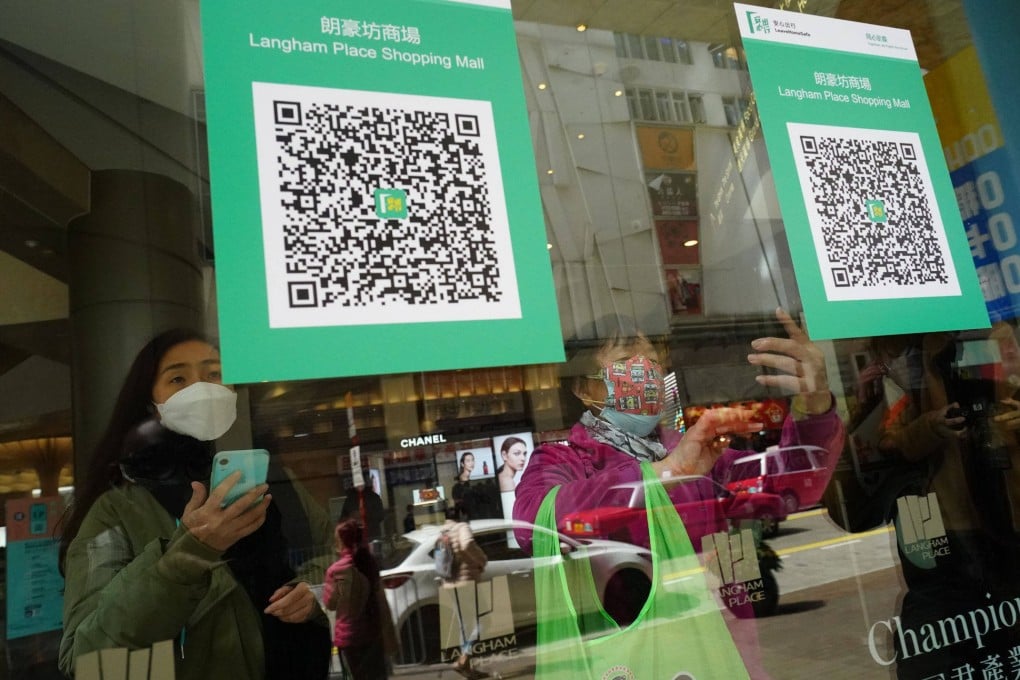Advertisement
Opinion | How Hong Kong can improve contact tracing to achieve ‘zero Covid’
- Mainland China’s approach rests on population-wide testing and a powerful big data tracing platform. Hong Kong is not measuring up here
- A system that uploads visitor footprints to government servers, sensors to automatically record entries and exits, and a phased approach to implementation could all help
Reading Time:3 minutes
Why you can trust SCMP
21

People are still debating the relative merits of the “zero Covid” and “living with Covid” approaches. Hong Kong has pursued the “zero Covid” path in alignment with mainland China but has failed to achieve the same results. The city’s public health system has been stretched to capacity during the fifth wave, raising questions about what is lacking in our strategy.
China’s “dynamic zero Covid” strategy involves the timely identification of Covid-19 cases, regardless of whether they display symptoms. The spread of disease is then contained by quickly deploying public health measures, leading to minimum mortality.
This strategy rests on two pillars: population-wide testing and a powerful big data tracing platform. Hong Kong is not measuring up here.
Advertisement
To assuage public concern over possible personal data leaks, the early version of the government’s “Leave Home Safe” contact tracing app only stored data on the user’s mobile phone.
The latest 3.1.0 version has enhanced functionalities, but only allows the government to identify the real names of those who visited a premise indirectly and it cannot retrieve data from the scanners located at the premises without the assistance of the premise operators. Only then can the government start tracing people who visited a particular venue and try to truncate a transmission chain.
Advertisement
Advertisement
Select Voice
Select Speed
1.00x


